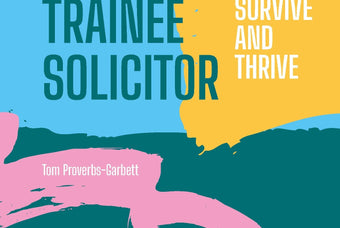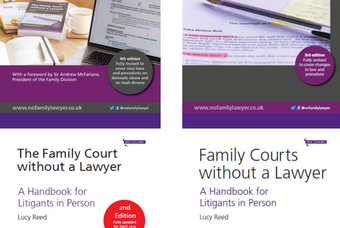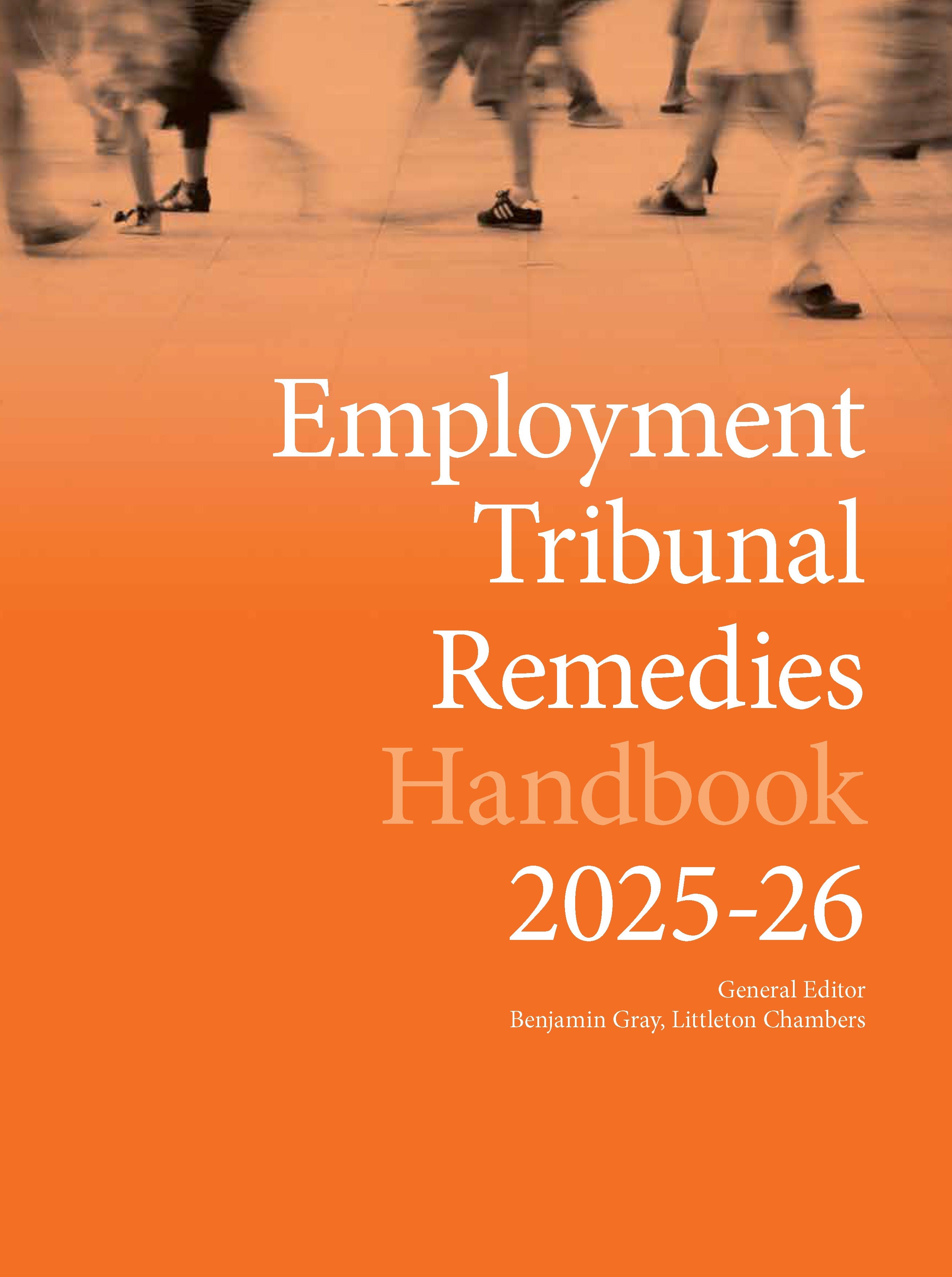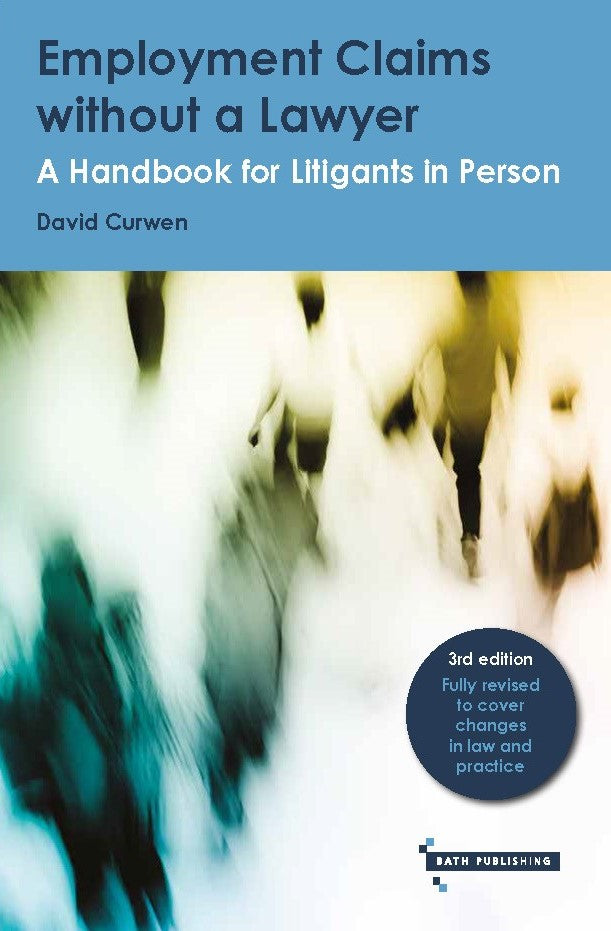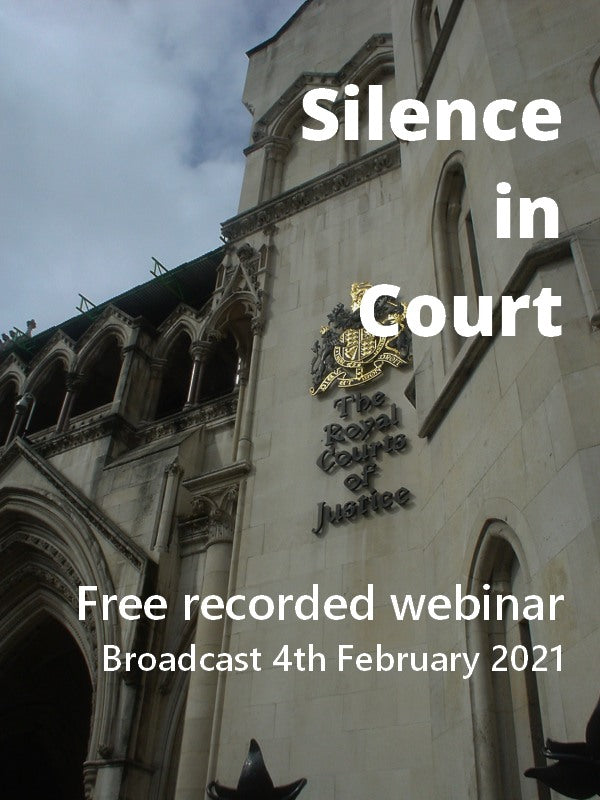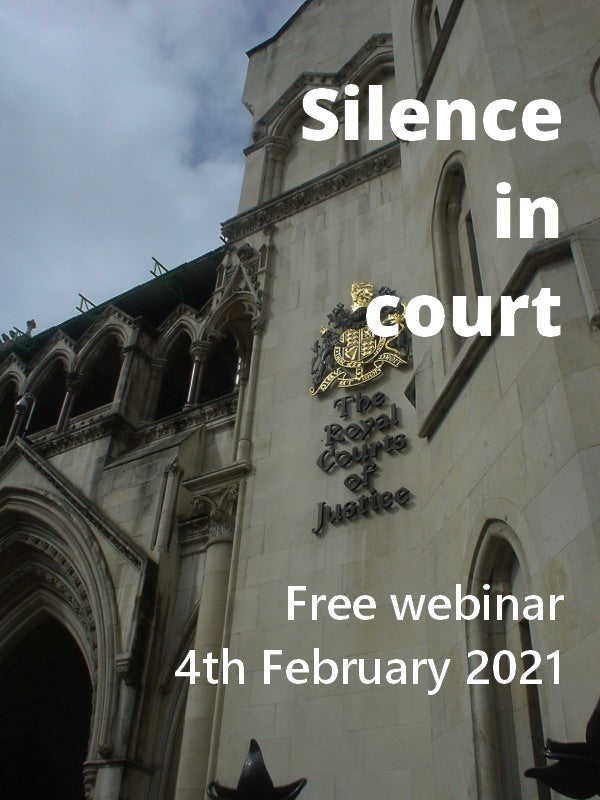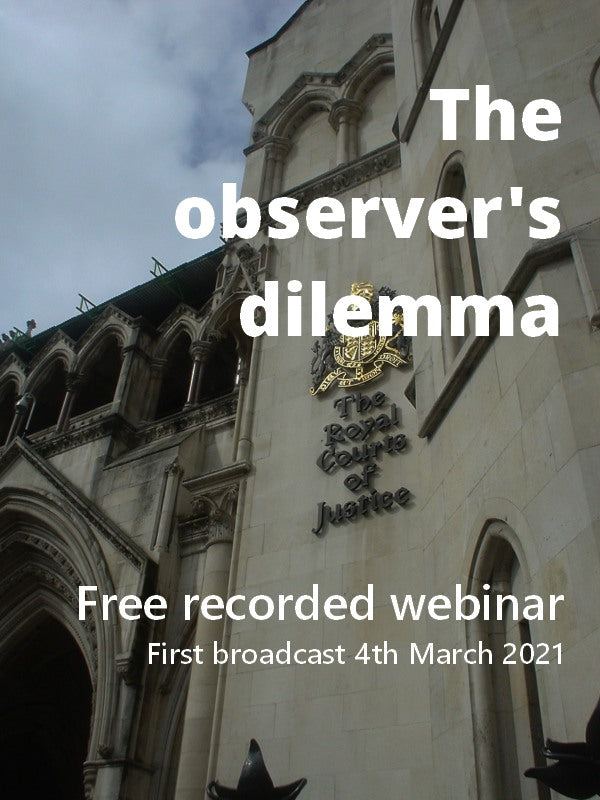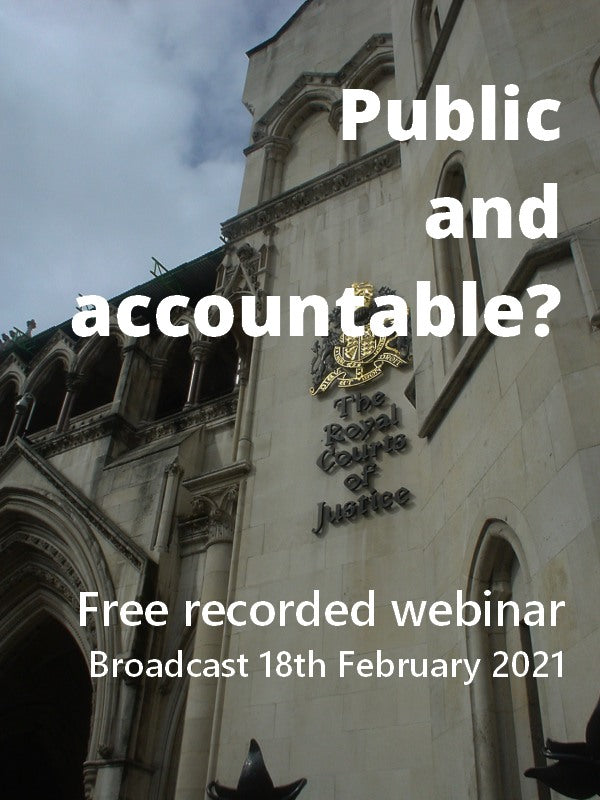This blog post is one of a series of extracts from Insolvency Law Made Clear: A Guide for Debtors, the plain English, practical guidance for anyone facing demands over a debt they are struggling to pay.
-----------
The Trustee plays a crucial part in the life of the bankrupt. They can decide what the bankrupt can spend money on, what items they can keep and what is to be sold. They can apply for the bankruptcy to be extended beyond its usual length of a year. They decide whether they believe that the bankrupt has committed any misconduct. If the Trustee thinks the bankrupt has, the Trustee will be responsible for what happens next. If the Trustee feels they can rely on the bankrupt, they are less likely to dispute what the bankrupt tells them. For example, if the bankrupt has a good relationship with the Trustee, the Trustee will not be suspicious if the bankrupt says that an item is owned by the spouse of the bankrupt rather than the bankrupt themselves and so does not fall into their estate. It follows that it is vital for the bankrupt to get on with the Trustee at a personal level. A strong working relationship can be achieved by: 1) being open and cooperative when asked questions; 2) being realistic about what the bankrupt will be allowed to keep and not keep; and 3) not making any attempts to hide assets. If the Trustee is the Official Receiver, they are unlikely to care that the bankrupt opposed the bankruptcy petition, provided they acted honestly during the process.
It is difficult for the bankrupt to keep calm when a stranger has so much control over their life. A Trustee should do their best to explain what they are doing and why. Not all Trustees are diligent. However, although it will take a large amount of effort to be polite and courteous to the Trustee, the effort will be rewarded. Put differently: there can be serious consequences of the relationship breaking down. Chapter 8 discusses ways in which a bankrupt can control the Trustee's actions. These are challenging applications to make.
-----------
Read more and buy the book here.



